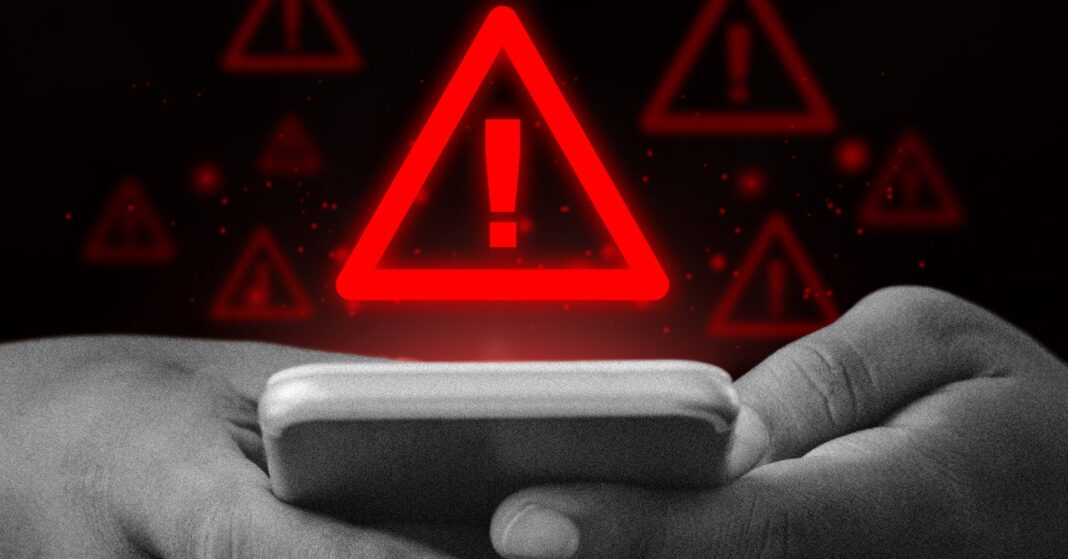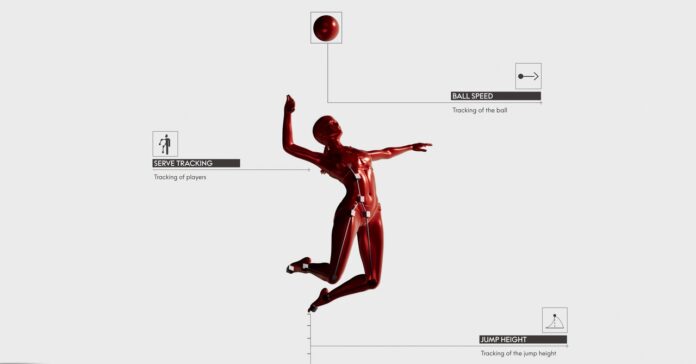In Short:
TikTok announced it would label AI-generated content on its platform in May, but not all versions of the app have this feature. The Lite-Save Data version, targeting users in poorer markets, lacks safeguards like labeling graphic or dangerous content. Users in richer markets have access to more safety features, raising concerns about misinformation in elections. Lite versions of apps help companies reach low-income users in the Global South, where data costs are high.
TikTok’s Lite Version Lacks Safeguards for Users in Poorer Markets
In May, TikTok made an announcement that it would automatically label AI-generated content on its platform. However, a recent report from the Mozilla Foundation and AI Forensics reveals that TikTok’s Lite-Save Data version, designed for users in poorer markets, does not label AI-generated content and lacks other safety measures.
Missing Safety Features
Odanga Madung, a Mozilla fellow and coauthor of the report, emphasized the importance of labeling as a trust and safety measure on platforms. Unlike the full version of TikTok, the Lite version does not provide labels for content concerning graphic or dangerous behavior, election-related content, or health topics.
This absence of guardrails leaves users in poorer markets with less information on distinguishing fake content from real content, particularly in the case of deceptive AI-generated content during elections worldwide.
Madung raised concerns about the decision to exclude safety features in the Lite version, questioning whether it was intentional or due to negligence.
TikTok’s Response
A TikTok spokesperson disputed the report’s claims, stating that content violating rules is removed from TikTok Lite similar to the main app and offering various safety features. The spokesperson did not specify any inaccuracies in the report.
History of Lite Versions
Lite versions of apps have been utilized by companies to reach users in areas with high data costs or limited access to advanced mobile devices. TikTok introduced its Lite version in 2018 in Thailand and expanded to other Southeast Asian markets such as Indonesia, Malaysia, and the Philippines, garnering over 1 billion downloads on the Google Play Store.
Payal Arora, a professor at Utrecht University specializing in inclusive AI cultures, highlighted the importance of Lite versions in attracting low-income users in the Global South where data holds significant value.




